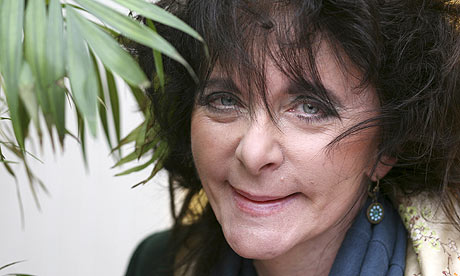Unforgettable Times- Indo English Poetry in the Seventies
There was poetry in motion, ‘Once again the murmur of voices settled into a hushed whisper, a white spotlight cast an oval patch, soft, softly, a jingle of anklets…… that was Kavita Bhambani Miss India in the seventies doing her catwalk at Ritu’s Boutique in Kolkata. Desmond Doig, the editor of JS and an artist par excellence had brought the hearts of young people like me to a perfect culture of Anglo Indian happenings. JS a youth journal from the House of Statesman, Kolkata dominated the Indo English Culture and Literary scene for nearly a decade. Popular writer Anees Jung took over the editorship of Youth Times. She brought out an issue on Love Poetry, a feat that got hold of poets all over the country writing in English to show case their work.
During this period I encountered love and started trying my hand in writing. I never stopped writing after that. It was difficult to accept, a small town boy from Hindi heartland in Gwalior writing love poems in English, I remained the odd chap out. From my town in Gwalior, I kept a close watch on the Indo–English Poetry movement. I read the works of Henry Louis Derazio and Post Derazio era poets like Toru Dutt, Tagore, Aurobindo Ghosh and Sarojini Naidu.
Much later, I was so excited when my wife started working on a thesis towards her PhD, ‘A comparative study on the works of Kamala Das and Sarojini Naidu’, a study she couldn’t complete. I was meeting a lot of poets from Delhi, reading my poems at Jawaharlal Nehru University Campus and got involved in a leftist literary cultural organization called ‘Hundred Flowers’.











